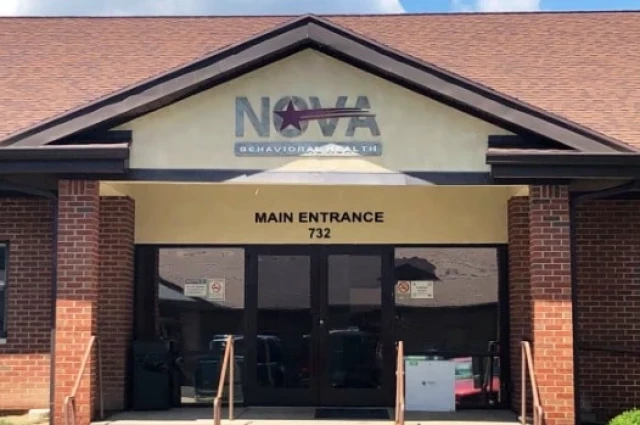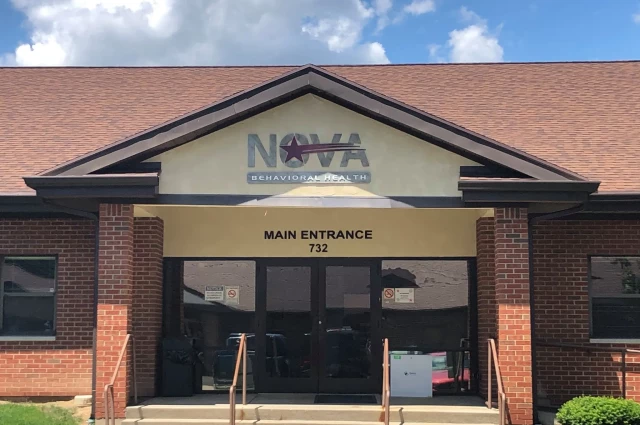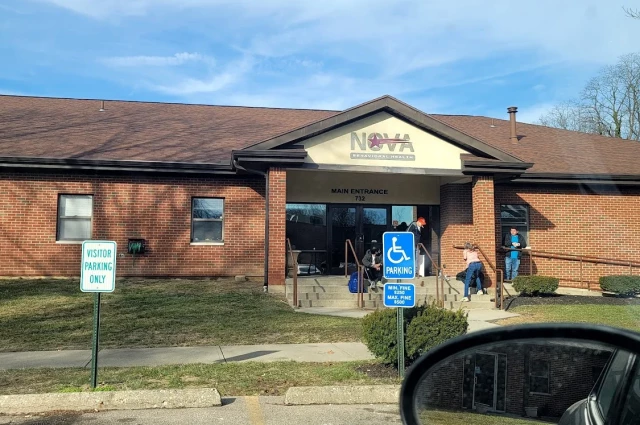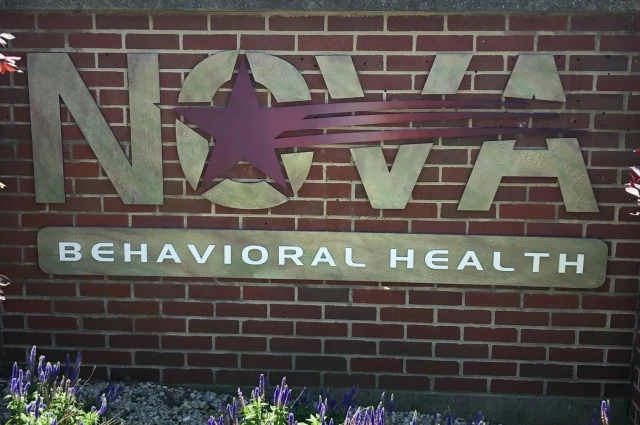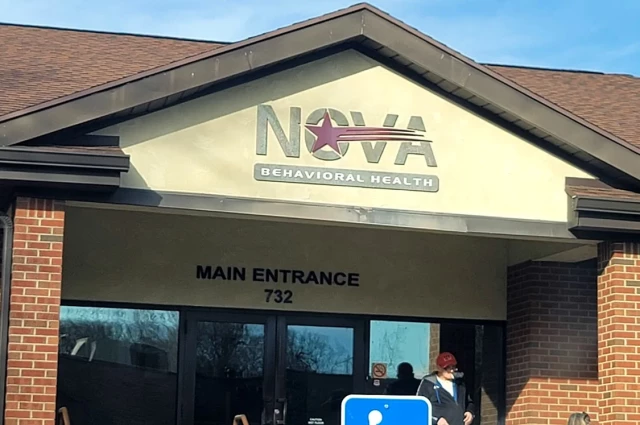Situated in Dayton, Ohio, Nova Behavioral Health is a top supplier of all-inclusive treatments related to drug, alcohol, and mental health. Nova Behavioral Health provides a continuum of care that includes outpatient therapies, residential treatment, and aftercare support, all with the goal of empowering people on their recovery journeys. Their goal is to support each individual in starting or resuming their journey toward recovery by giving them access to high-quality therapeutic treatment.
Adults 18 years of age and older are served by Nova Behavioral Health, which provides customized programs made to fit each client's particular need. The women's residential treatment program offers a secure and encouraging setting for women to discuss their drug misuse problems, including those who are pregnant or recently gave birth. With an average stay of 28 days, the program's goal is to empower and assist women as they navigate their own self-discovery processes and make the necessary adjustments to increase their sense of self-efficacy. It consists of at least thirty hours of weekly programming that includes trauma-informed care services, individual and group therapy sessions, and more. The program includes groups for women that address anger management, parenting, relapse prevention, coping skills, and healthy relationships.
Up to two children under the age of three may remain with their moms throughout treatment, according to Nova Behavioral Health policies for women who have children. While assistance and childcare are offered while the mother attends individual and group programs, the mother must be the children's primary caregiver and act as their custodian during the visit. At any one moment, the facility can house up to three youngsters.
The MorningStar track, provided by Nova Behavioral Health, is intended for those with low to no drug use issue and a significant mental health condition. This program requires participants to spend around 28 days at Nova's Heid Avenue location. The main goals are to stabilize the person's mental health and provide them with tools to help them continue to recover from mental health symptoms by leading healthy lifestyles.
With programs including inpatient detoxification, residential care for people with addiction disorders, mental health and dual diagnosis therapy, intense and routine outpatient treatments, and transitional housing, Nova Behavioral Health offers a comprehensive and tailored approach to treatment. Both inpatient and outpatient versions of treatment provide Medication-Assisted Treatment (MAT).
Nova provides Integrated Dual Disorder Treatment (IDDT), which treats drug use disorders and mental health issues concurrently, to those who have co-occurring illnesses. This strategy guarantees that each client receives complete treatment that is customized to meet their specific requirements.
Nova Behavioral Health, which is licensed by the State of Ohio, recognized by SAMHSA, and accredited by CARF, is committed to provide accessible, high-quality treatment that helps people achieve and maintain recovery. In addition to helping people on their recovery path, their mission is to support them in finding and interacting with healthy supports that will be essential to their continued process of healing.
Nova Behavioral Health Information
Treatment
Who We Treat
- Young Adults (18–25)
- Adults
- Seniors/Older Adults
- Older Adults
- Male and Female
Treatment Focus
- Co-Occurring Disorders
- Drug Addiction
- Alcohol
Approaches
- 12-Step-Based
- Individual Treatment
- Evidence-Based
- Twelve Step
- Group Therapy
- Cognitive Behavioral Therapy (CBT)
- Dialectical Behavior Therapy (DBT)
- 1-on-1 Counseling
- Life Skills Training
- Relapse Prevention Counseling
Conditions We Treat
- Post Traumatic Stress Disorder (PTSD)
- Trauma
- Codependency
- Stress
- Eating Disorders
- Co-Occurring Disorders
Substances We Treat
- Benzodiazepines
- Prescription Drugs
- Alcohol
- Chronic Relapse
- Heroin
- Opioids
- Cocaine
- Methamphetamine
Languages
- English
Aftercare
- Intensive Outpatient Program
- Outpatient Treatment
- Employment Counseling
- Continuing Care
- Employment/Vocational Counseling
- Support Meetings
Level of Care
- Outpatient
- Intensive Outpatient Program (IOP)
- Aftercare/Continuing Care
Experience
Personal Amenities
- Private or Shared Rooms
- Air-Conditioned Rooms
On-Site Activities
- AA/NA Meetings
Smoking and Vaping Policy
- Smoking Allowed in Designated Areas
- Vaping Allowed in Designated Areas
Accreditations
-
State mental health department
State mental health department accreditation refers to the process of evaluating and certifying the quality and standards of a state's mental health department, ensuring that it provides high-quality services and meets specific criteria for mental health care. The accreditation process is performed by a third-party organization and helps to improve the overall care and treatment of individuals with mental health conditions.
-
Commission on Accreditation of Rehabilitation Facilities (CARF)
CARF accreditation is a globally recognized certification for rehabilitation and human service organizations. It signifies that an organization meets high-quality standards and is committed to providing top-level care. Achieving CARF accreditation involves a rigorous evaluation process, including on-site surveys. This accreditation enhances an organization's reputation, instills trust in clients and funders, and encourages ongoing excellence in the field.

-
SAMHSA certification for opioid treatment program (OTP)
SAMHSA's Opioid Treatment Programs (OTP) accreditation is a prestigious recognition that signifies a program's compliance with stringent standards and guidelines established by the Substance Abuse and Mental Health Services Administration (SAMHSA). This accreditation demonstrates an OTP's commitment to providing high-quality, evidence-based care for individuals struggling with opioid use disorder (OUD). It serves as a trusted symbol of accountability and excellence, assuring patients, families, and communities that the OTP offers safe, effective, and comprehensive treatment options for OUD.
-
State department of health
Government agencies issue State Licenses, granting rehabilitation organizations permission to operate their businesses legally within specific geographic regions. The licenses needed for legal operation are typically determined by the type of rehabilitation program offered by a facility and its physical location.

Nova Behavioral Health Accepts The Following Insurance Plans
Find the best treatment options. Call our free and confidential helpline today!
